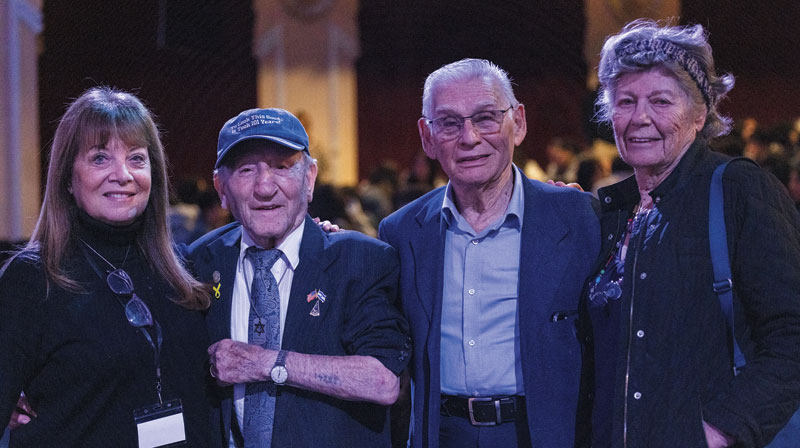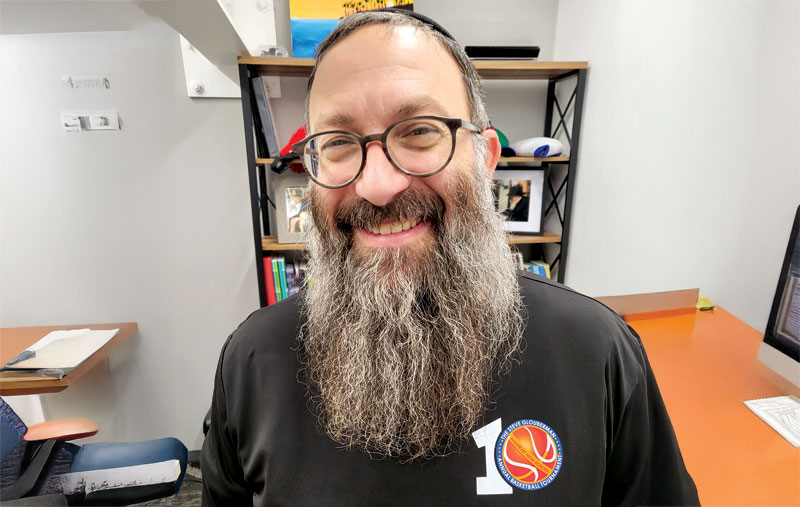Linda Deutsch and Theo Wilson livedacross the street from each other for most of the past 21 years. Theywere trial reporters who met in the Charles Manson courtroom,competitors and best friends. On Jan. 17, Wilson called Deutsch fourtimes while anxiously awaiting the limo that was to take her from herHollywood Hills home to a CBS interview — the official start ofpromotion for her new book, “Headline Justice,” which had taken her10 years to complete.
On the third call, Deutsch told her not to worry:”You’re a star.”
On the fourth call, Wilson told her: “The limo ishere, and I can’t get into it. I think I’m having an attack.” A fewhours later, she was dead.
This is the story of two legends: Wilson, who diedat 79, and her friend, the equally respected Deutsch, 53, of TheAssociated Press, who has labored to keep her colleague’s memoryalive.
Though her byline was best known to readers of theNew York Daily News, Wilson covered Los Angeles trials — notablySirhan Sirhan and Manson — for more than 30 years and lived heresince the mid-1970s. She was a roving reporter whose trials take usdown the memory lane of American crime: Sam Sheppard, Carl Coppolino,Candace Mossler, Jack Ruby, Patty Hearst. Readers hung on her everyword: Her front-page coverage of Jean Harris’ conviction for killingthe Scarsdale Diet Doctor, Herman Tarnower, sold an additional 50,000copies of the Daily News. The paper ran her photograph on the sidesof city busses.
I met her briefly when I was a young trialreporter sitting in on the Pentagon Papers case. Born TheodoraNadelstein, the youngest daughter of 11 children, she was, at5-foot-1, no-nonsense, unflappable (the air in the Ellsberg courtroomwas electric, and I broke a sweat), able to dictate stories from araft of notes on deadline. She was known for her chutzpah: She oncetook a $200 cab ride from Los Angeles to Chowchilla to break thekidnapping story, and once told Manson to shut up. People thought ofher as a “tough broad.”
She was a journalistic god when I was growing up.She and the New York Post’s Dorothy Schiff were the rare women in abusiness I longed to enter. She gave a would-be writer hope.
Wilson understood the romance of trial coverage,and how what takes place in the courtroom informs America’s view ofitself. She had less patience for the jaundice and self-servingnature of her peers. In “Headline Justice” (dedicated to her son,Delph, a local attorney), Wilson compares press advocacy in the O.J.Simpson trial with her own notorious cases.
“Countless times in my career,” Wilson wrote, “aprosecutor or defense attorney offered me an ‘exclusive’ tipbeneficial, of course, to his side. And every time, I said: ‘That’sgreat. When it comes out in court, I assure you it will be my leadthat day.’ Usually the exclusive never surfaced again.”
“She played it straight,” Deutsch told me lastweek. “She wanted the reader to know both sides, and to make up hisown mind.”
I met with Deutsch days after the Los Angeles CityCouncil created Theo Wilson Square (Camrose Drive and Glencoe Way) inthe Hollywood Hills. Her dining-room table was covered with mountedphotos and Daily News billboards that Theo would have used on hernational book tour. Instead, Deutsch uses them herself as she travelsthe country, promoting the memory of her friend.
After 30 years with AP, Deutsch has becomeAmerica’s premier trial reporter, still covering the Manson andSirhan parole hearings (“some cases never leave you,” she says) anddoing another of her one-on-one interviews with O.J. Simpson asrecently as last week.
When Wilson died, Deutsch was at loose ends.Although Wilson had retired from daily journalism in 1984, she keptup to date. While Deutsch sat in the Simpson courtroom, her mentorwatched the proceedings, gavel to gavel, at home. Every night, nomatter how late Deutsch was with filing her stories, they’d havedinner and compare notes.
Burned out and grieving, fielding endless phonecalls from colleagues around the nation, Deutsch wondered how shecould pay tribute. Deutsch turned down coverage of the TimothyMcVeigh case in Denver to spend most of the past year promoting”Headline Justice” on a national tour that she’s arranged and paidfor herself. (She’ll be in Sacramento in November for the Unabombertrial.) The book sold out immediately, but Deutsch had to pushpublisher Thunder’s Mouth Press for the second printing, which shehopes will pay for a scholarship for women journalists at theUniversity of Missouri. She has done more than 50 personalappearances, including “Today” and National Public Radio. (She’llspeak to a group of young leaders on Monday at the Skirball CulturalCenter.) The book, she acknowledges, is a way of refocusing herlife.
“People called us ‘Thinda,'” she said. “We wereboth New Yorkers, both Jews, and both short. We saw life through thesame lens.”
The trial world is cutthroat, in which everyparticipant — attorneys, defendants and reporters — has an ulteriormotive. That’s why Deutsch’s efforts have won the awe of colleaguesin the press and law alike. We’ll let one of them have the last word.”She’s the best,” says Laurie Levenson, a national legal commentatorwho has known Deutsch for years. “She’s doing this as an act of loveand friendship, to keep Theo alive.”
Marlene Adler Marks is editor-at-large of TheJewish Journal. Her e-mail address is wvoice@aol.com.
All rights reserved by author.
SEND EMAIL TO MARLENE ADLER MARKS
wvoice@aol.com
Read a previous week’s column byMarlene Adler Marks:






















 More news and opinions than at a Shabbat dinner, right in your inbox.
More news and opinions than at a Shabbat dinner, right in your inbox.